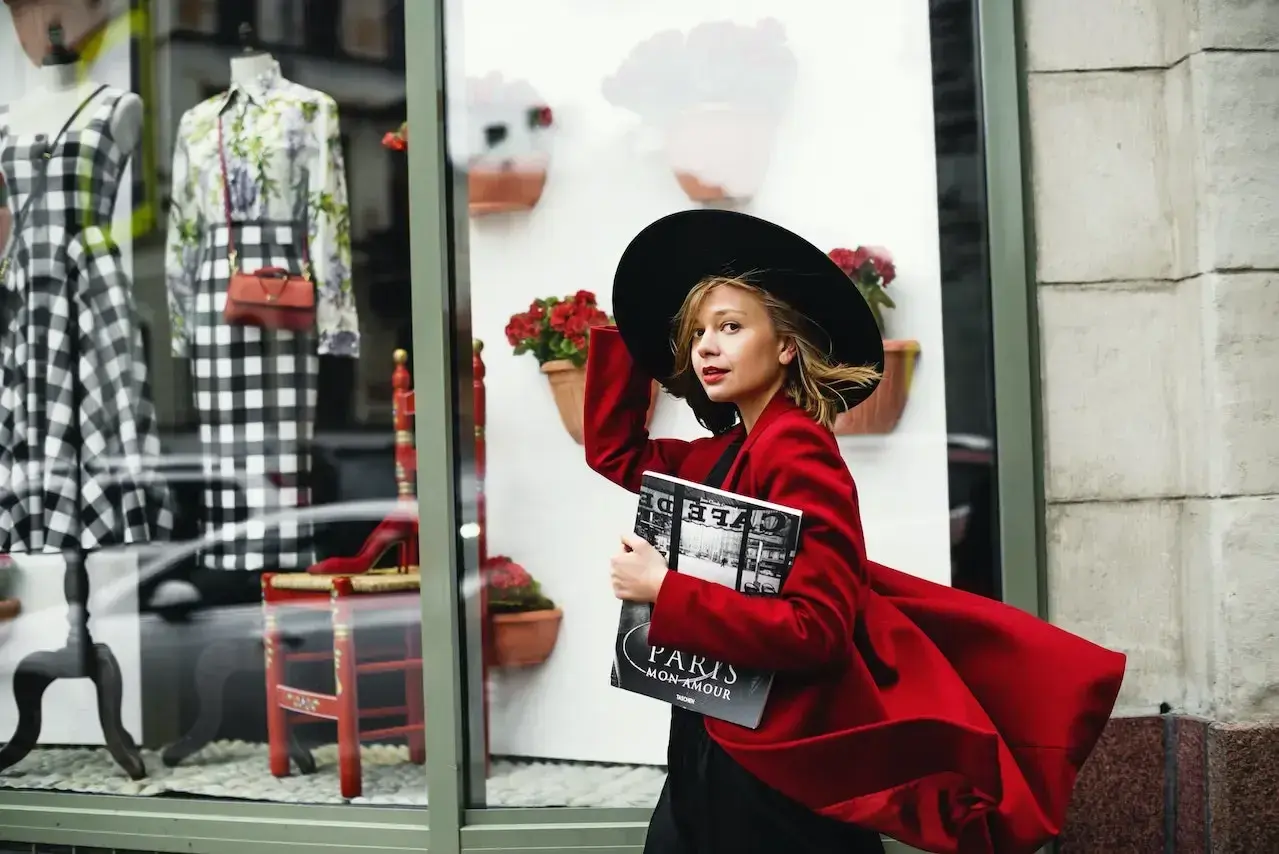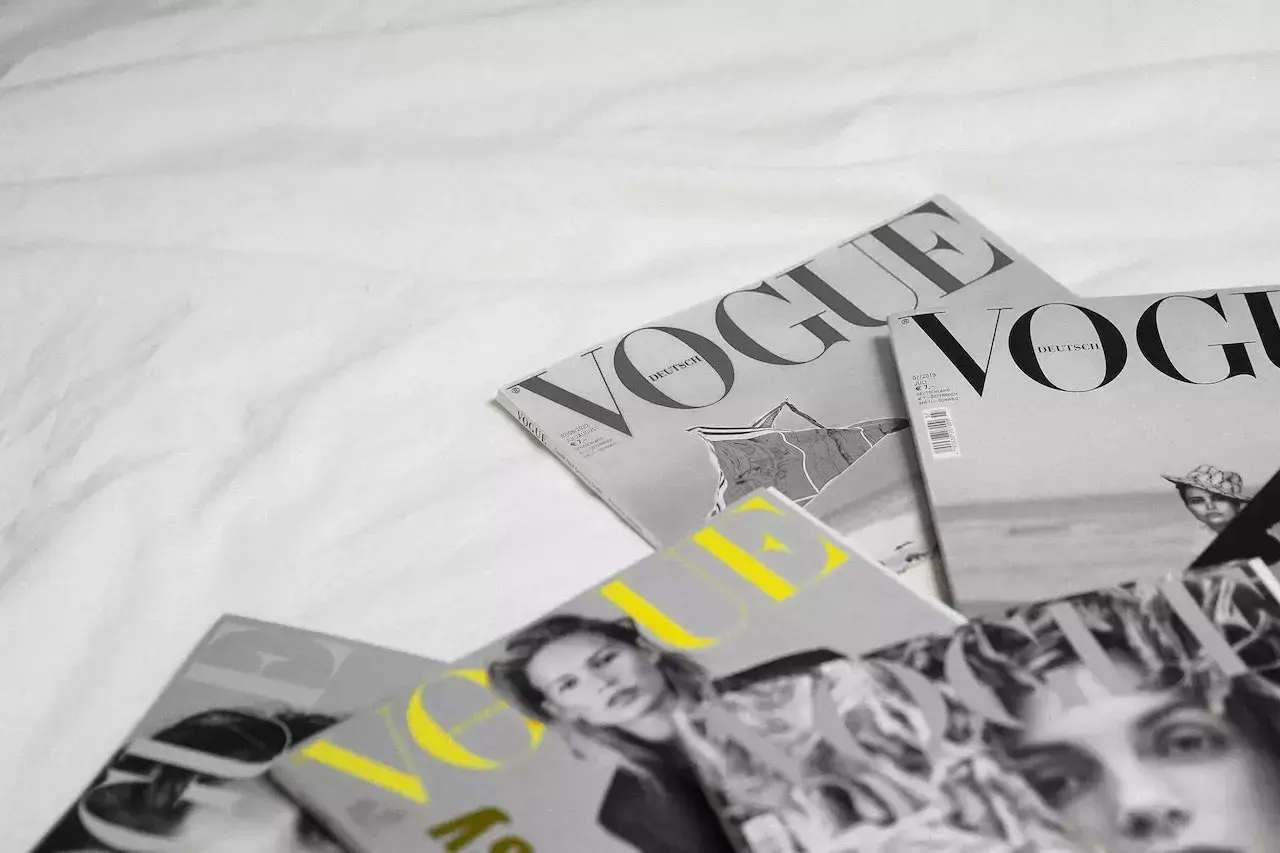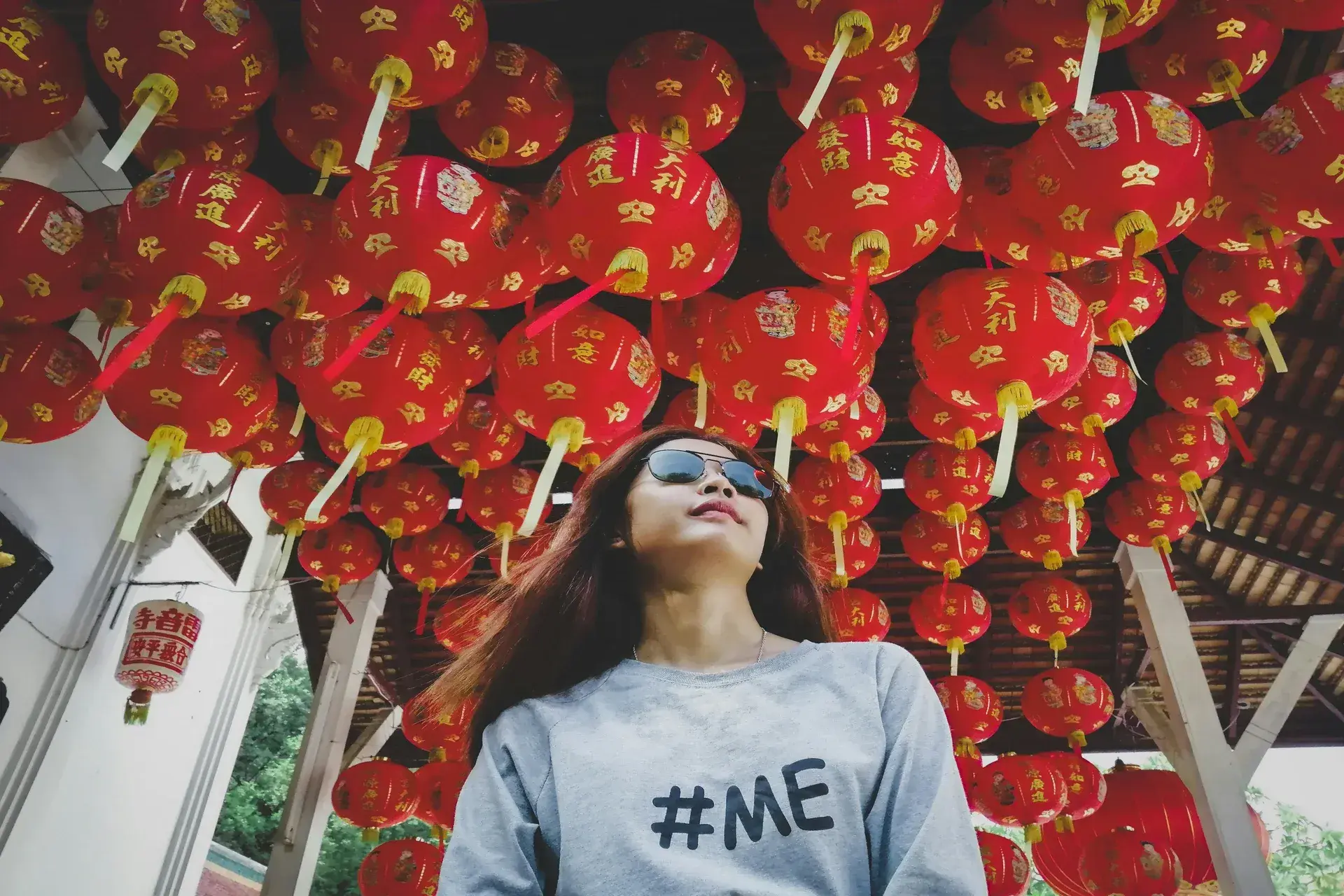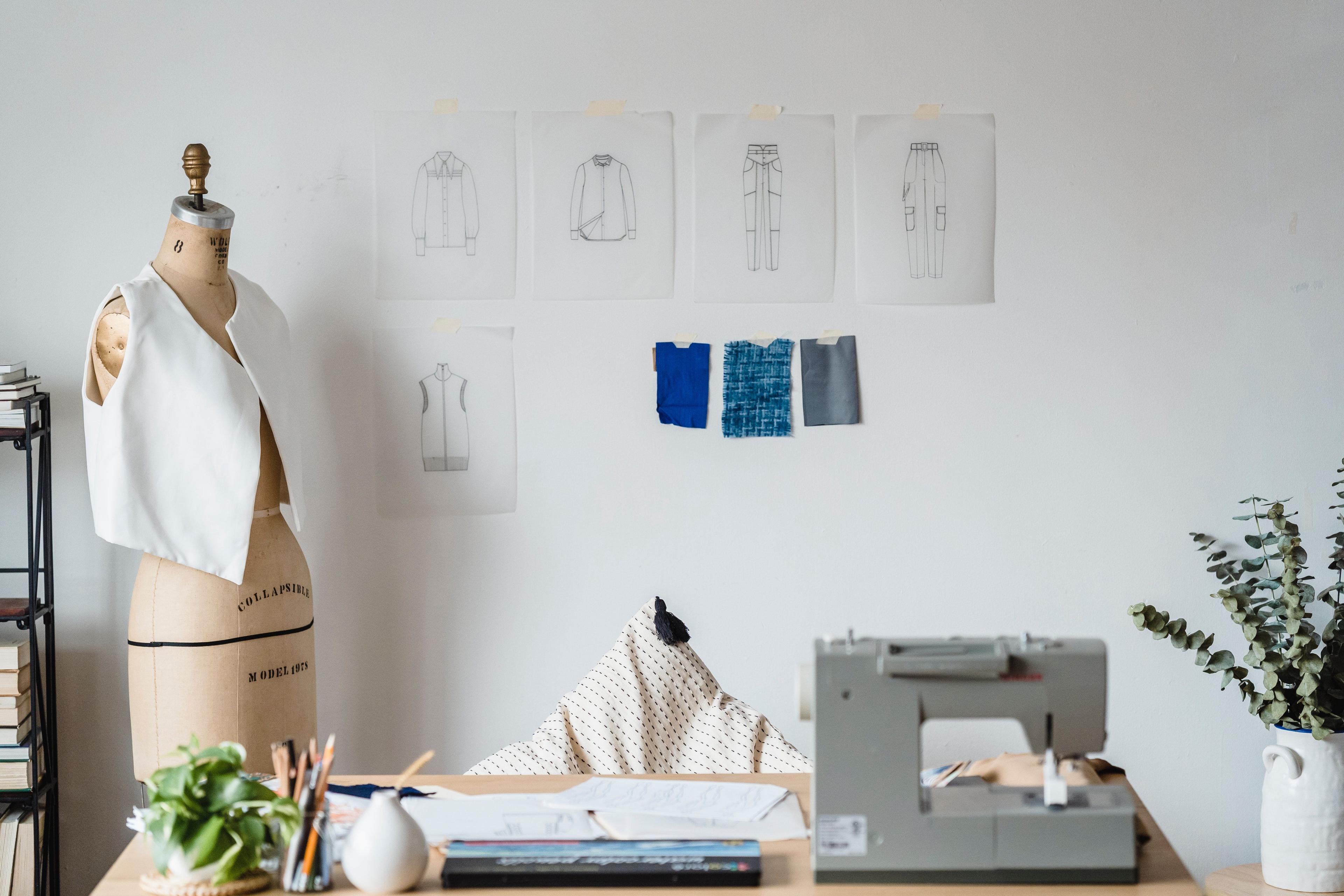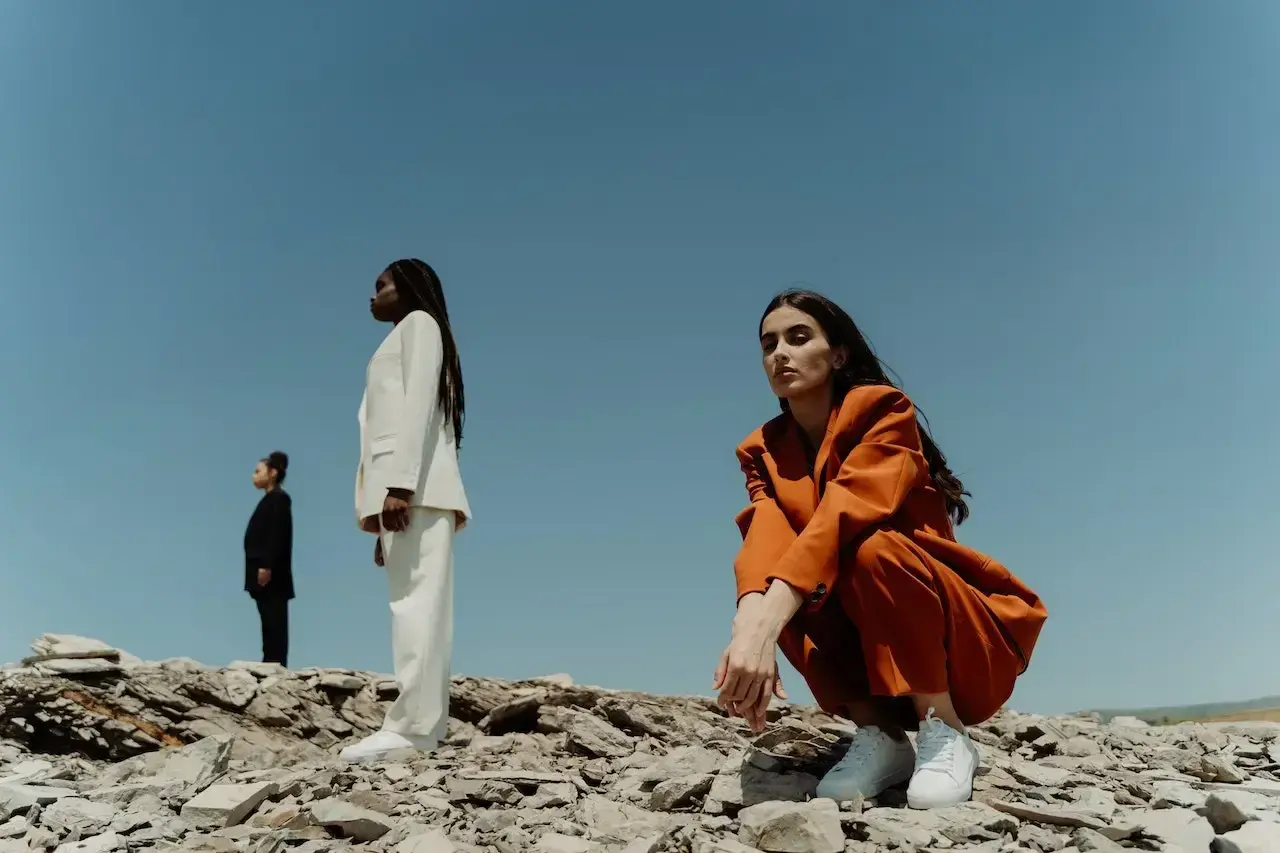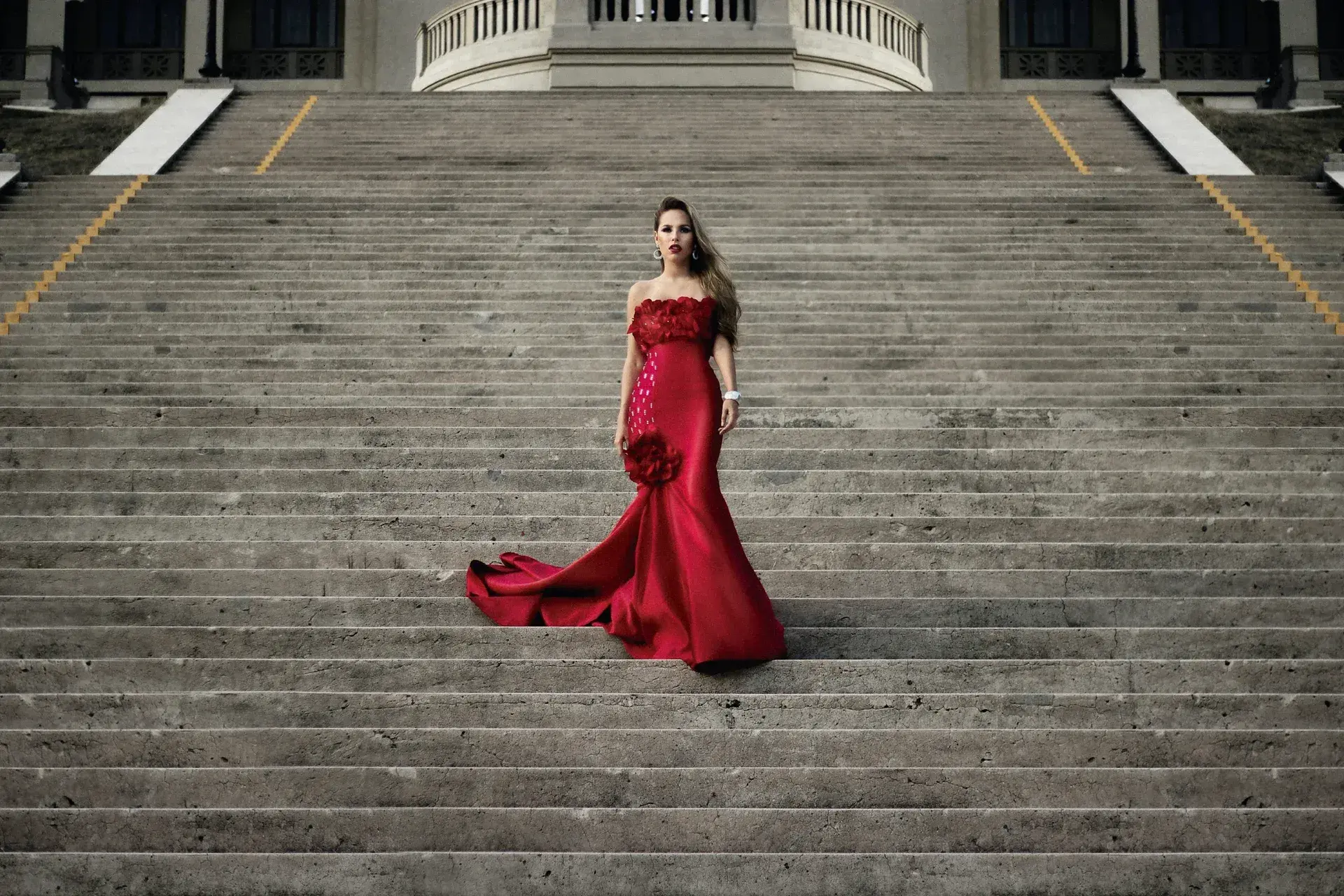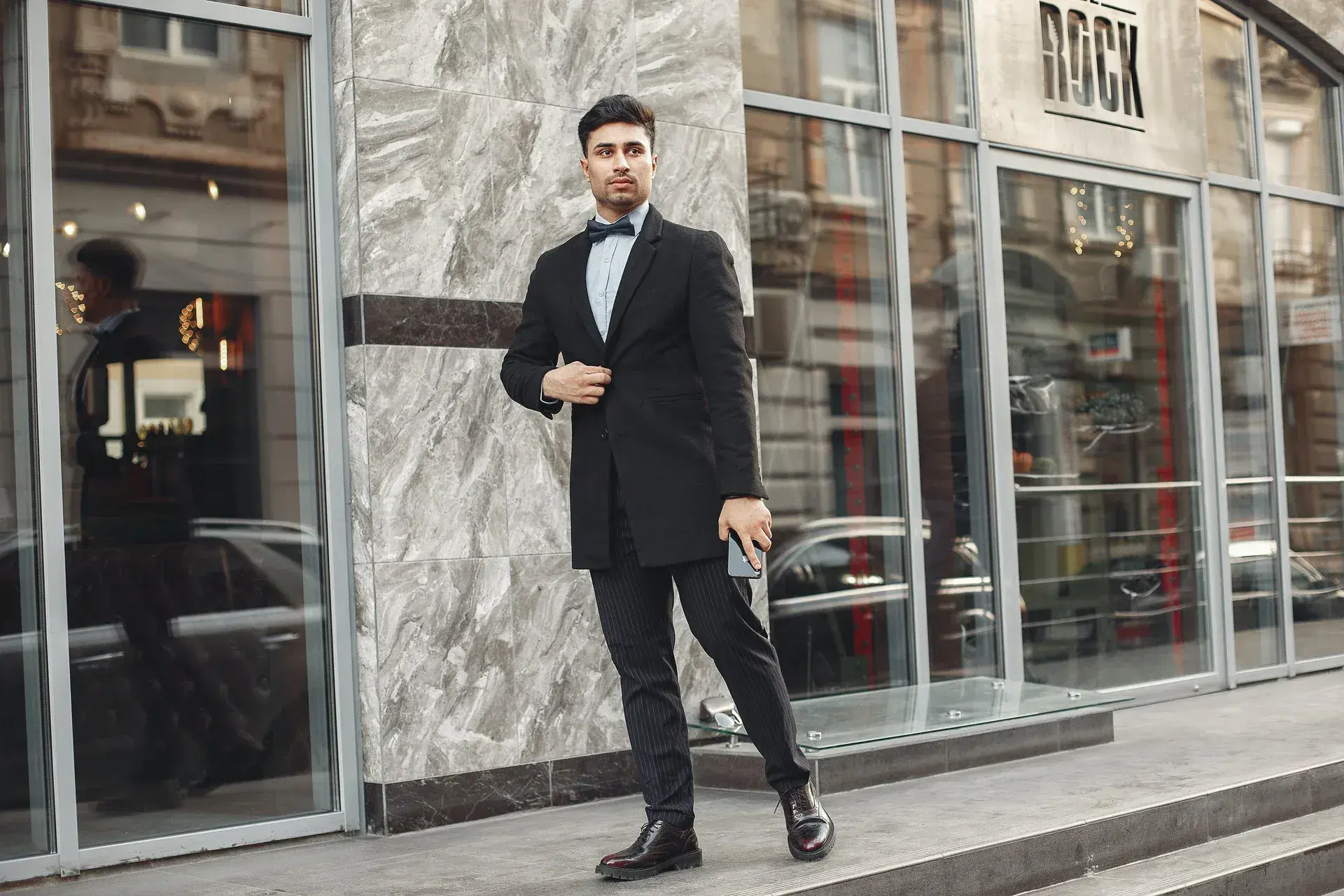German fashion: The intersection of functionality and innovation
From the Bauhaus movement to the modern minimalist trend, German fashion is known for its pragmatic design ethos, functional elegance, and innovative spirit. With a focus on craftsmanship, quality, and sustainability, Germany has carved a niche for itself in the global fashion scene.
Historical Roots and Influences
Germany's fashion history is marked by a mix of traditional folk costumes and the influence of significant cultural movements. The 'Tracht,' the traditional style seen in Bavarian regions with its lederhosen and dirndls, is an important part of German heritage.
Meanwhile, the Bauhaus movement, which started in Germany in the early 20th century, left a significant mark on design, including fashion. Its emphasis on functionality, simplicity, and the unity of form and function can still be seen in the designs of many contemporary German designers.
Contemporary German Fashion
Modern German fashion is characterized by its emphasis on clean lines, minimalist aesthetics, and exceptional quality. Brands like Hugo Boss, known for their tailored suits, and Escada, renowned for their haute couture, have a broad international reach.
German designers such as Jil Sander and Karl Lagerfeld have had significant impacts on the global fashion scene. Sander's minimalist aesthetic and emphasis on quality and structure align with the German design ethos. Lagerfeld, during his time at Chanel and Fendi, was known for his creativity and eclectic designs, pushing the boundaries of fashion.
Berlin, the creative hub of Germany, has emerged as a significant fashion hotspot. With events like the Berlin Fashion Week and the presence of numerous fashion schools, the city is brimming with a vibrant, dynamic energy that is reflected in its fashion scene.
Sustainable Fashion
In line with Germany's reputation as a global leader in environmental sustainability, its fashion industry is increasingly emphasizing sustainable practices. Brands like Armedangels and Hessnatur are pioneers in this space, focusing on producing environmentally friendly and ethically made clothes.
Moreover, the Green Showroom event during Berlin Fashion Week showcases sustainable fashion brands, reflecting the industry's commitment to eco-conscious practices.
The Future of German Fashion
As German fashion continues to evolve, it stays true to its roots – a commitment to quality, functionality, and sustainability. With Germany's strong textile technology industry, we can expect increased innovation in the realm of smart clothing and sustainable fabrics.
Berlin's growing influence as a creative center also indicates a bright future for German fashion. The city's eclectic style, which marries the traditional with the contemporary, and the minimalistic with the bold, signifies a fashion scene that is dynamic, diverse, and exciting.
German fashion is a unique blend of tradition and innovation. While it may not have the glamour associated with Paris or Milan, its focus on functionality, quality, and sustainability makes it a significant player in the global fashion industry. With its strong emphasis on design and increasing commitment to sustainability, German fashion continues to pave its unique path on the global fashion map.

